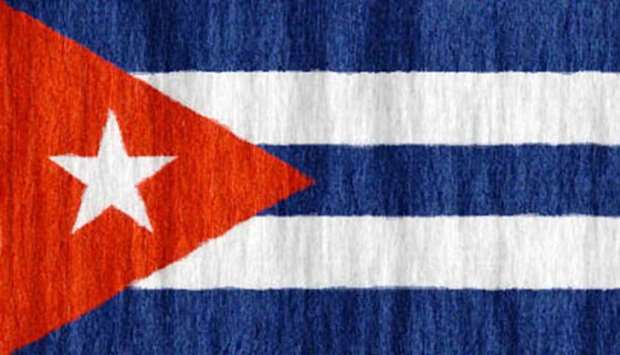The US is to review how the state department has responded to alleged attacks on the health of 24 diplomats and family members in Havana, officials said yesterday.
The state department had come under renewed pressure to form an “accountability review board” as the mystery surrounding the brain trauma suffered by the envoys has only deepened.
Initially officials suggested the Americans had been targeted by some sort of acoustic weapon, although news reports now say the FBI has been unable to confirm this theory.
Nevertheless, summoned to appear before a senate panel to brief perplexed US lawmakers, state department officials insisted the evidence still points to some kind of attack.
“This was not something conducted by a fly-by-night operation,” senator Marco Rubio, a Cuban-American Republican, told the senate foreign relations committee.
“Whatever happened to these people happened as a result of some sophisticated technology that quite frankly is so sophisticated that we don’t understand it,” he said.
Both the state department officials and Rubio agreed that Cuba, with its powerful surveillance state, must have either been behind the attacks itself or at least know who was.
“The Cuban government knows who it was, because they watch them every day,” Rubio told reporters.
“They just won’t say who it was because it was either rogue elements in the regime, or a third party country.”
Havana has fiercely denied this, accusing the Americans of withholding information about the victims of the incidents that would allow it to fully investigate.
Secretary of State Rex Tillerson’s state department has insisted that it will protect the medical privacy of its personnel and warned Cuba it will be held responsible.
Officials told Rubio’s panel that Tillerson decided last month to launch a review into how his department had responded to the mystery, and had planned to inform Congress in the coming days.
The first suspected attack was traced back to November 2016, and the last two took place in mid-August 2017, after Washington had protested to Havana and withdrawn some staff.
Charles Rosenfarb, a doctor and director of the state department bureau of medical services, told senators the symptoms were mixed but consistent with brain trauma.
The victims — at least 24 Americans, a mix of US embassy personnel and their dependants — suffered headaches, hearing loss, disorientation and some loss of cognitive ability.
Some recovered from the most acute symptoms, Rosenfarb said, but the severity, range and recovery time was mixed and it is not yet clear whether any have suffered permanent injury.
“They associated the onset of these symptoms with unusual sounds or auditory sensations,” Rosenfarb said.

